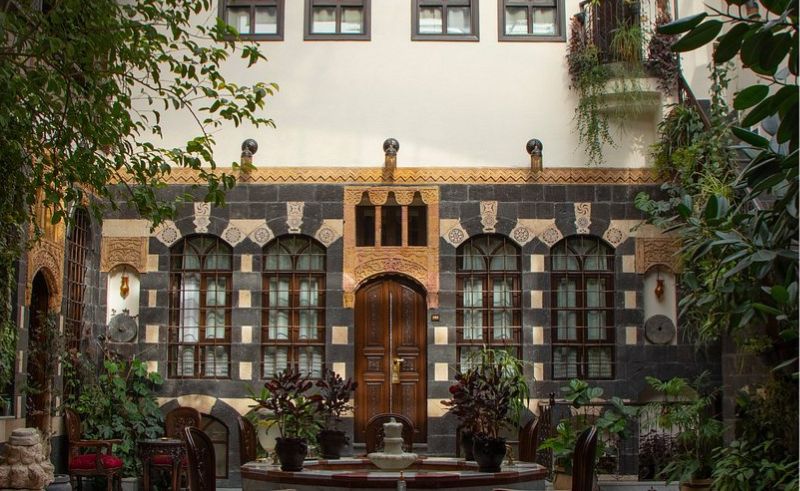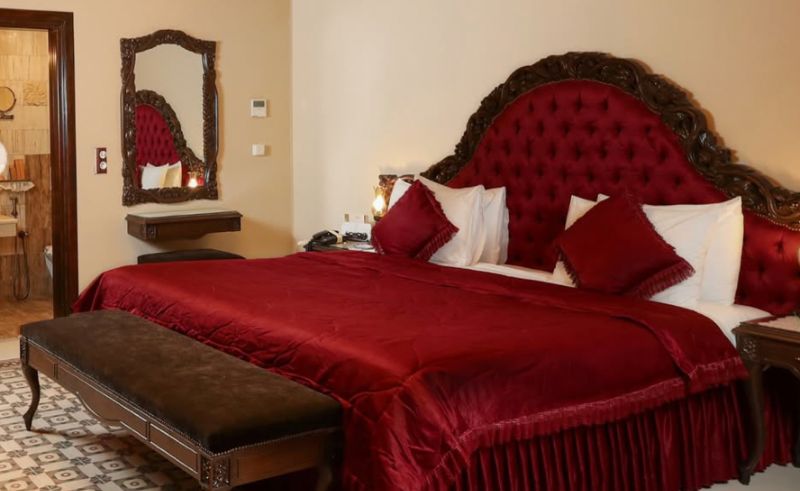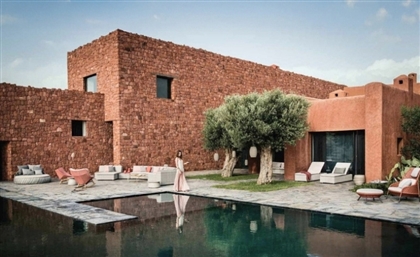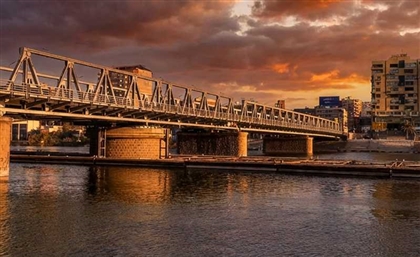This Boutique Hotel Revives 18th-Century Grandeur in Damascus
Beit Al Wali occupies four eighteenth century merchant houses restored into a boutique hotel whose courtyards, cedar staircases and shaded alcoves create a domestic base in Bab Touma.

There are hotel stays that feel like a city folding inward, where history and home blur into a single, quiet conversation. Beit Al Wali is one of those places—four 18th-century Damascene houses joined into a single boutique hotel, where domestic architecture is the main event.
You arrive not with a flourish but with a change in tempo. Narrow, sun-flared lanes give way to shaded courtyards, latticed balconies, and the soft burble of a small fountain.
-b07b6a6c-b4af-463c-9a48-3188f85136cc.jpg)
Once separate merchant houses, the property was carefully restored and reopened as a hotel in 2007, but the layout still moves like a family home—rooms gathered around intimate courts, pathways that lead you inward instead of out.
Inside, the rooms are quiet compositions of old and new. They’re labeled Deluxe, Executive, Junior, Diplomatic, Presidential, Royal—hotel speak for hierarchy—but they all share the same bones: carved wooden doors, handwoven rugs, brass lamps that catch the morning light. Modern comforts are tucked in where needed, but mostly, the rooms keep their sense of seclusion—a domestic cocoon that privileges stillness over spectacle.

The courtyards are where the hotel shows its hand. Instead of a single grand salon or sweeping terrace, Beit Al Wali offers a series of small, perfectly scaled spaces: courtyards that feel like private living rooms, shaded alcoves where light filters in like a secret, cedar staircases that creak in the cool of morning. The intimacy is deliberate, a choreography of closeness that makes the property feel less like a hotel and more like an old house willing to share its quiet.
-f2aba18a-58a0-4159-8e88-040526c11c39.jpg)
Even the colors here speak in a hush. Pale limestone and warm plaster soften against aged wood; muted blues and greens pattern the Levantine tiles; pots of geraniums and small citrus trees add subdued color without breaking the calm. It’s sumptuous but never showy, a palette that whispers rather than shouts.
From here, the Old City unfurls easily. The Umayyad Mosque, the covered Al-Hamidiyeh Souq, and the churches of Bab Touma are all within an unhurried stroll, their history pressed close enough to touch. But the real discoveries happen in the quieter hours—at dawn, when shopkeepers sweep their thresholds, bread is still warm, and the city, for a brief moment, feels like it belongs only to you.
- Previous Article Egyptian Food Delivery App Breadfast Launches Travel Booking Website
- Next Article Inside Egypt’s Seven UNESCO World Heritage Sites
Trending This Month
-
Jan 31, 2026






















